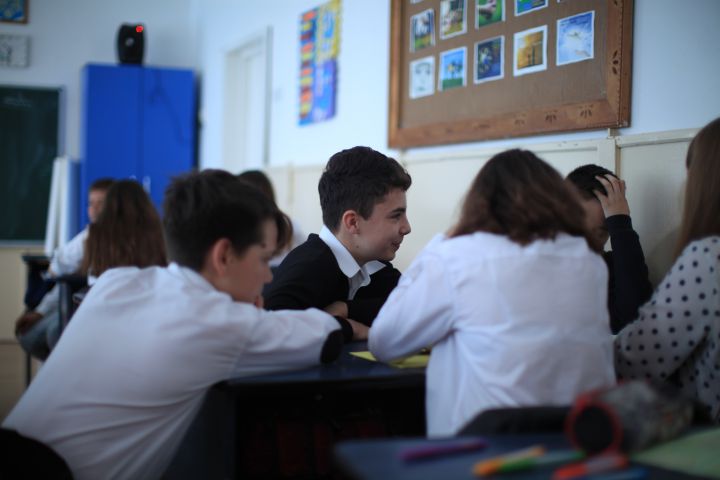Health and wellbeing vulnerabilities, such as malnutrition, infectious disease, and access to quality schooling are often at the core of key debates on child development in low-resource settings. What we often fail to recognise are the further health and wellbeing determinants common to adolescence, a demographic that is both unique and complex in its challenges and opportunities.
Comprising one in six of the world’s population, adolescents are integral to achieving the Sustainable Development Goals (SDGs) by 2030 but are recurrently neglected both in research and development funding and programming. Today’s innovations in digital health further enhance this opportunity, whereby new tools can be leveraged to enhance solutions to issues such as substance abuse, sexual or reproductive health education, mental health or reducing violence and injuries. Yet, if we are to guide solutions appropriately, we must seek to better understand these challenges. Research-informed programs are a necessity.
In the fall of last year, I attended the Mwanza Intervention Trials Unit’s (MITU) special scientific symposium in Mwanza, which acted as a catalyst for discussions on current challenges posed to the health of adolescents and young people in Sub-Saharan Africa. The symposium was an invaluable opportunity to celebrate the last decade of MITU’s achievements in the field, as well as to share recent learnings and developments in research.
One of the highlights of the event was a discussion around the evidence on the value of digital solutions to empower young people to self-manage their HIV cases in Zimbabwe. While progress warrants enthusiasm, there is much to be learned. The symposium was also a time to reflect on the direction of future research. Where are the gaps in knowledge on the dimensions and determinants of adolescent health and wellbeing? It’s useful to consider whether our understanding of adolescence as a concept is always appropriate to all contexts, including those in low-resource settings? How can we embrace their participation in the design and evaluation of interventions to ensure they serve both needs, and expectations? These questions took centre stage, enticing perspectives from leading scientists from the African region and international researchers alike.
Today, we are pleased to announce the first call to fund research that seeks to contribute to address these gaps. Open to researchers across the globe, the rationale for this call is to galvanise vital knowledge to support program implementation with a focus on resource-limited countries. The outcome of all submissions should address the global health and wellbeing agendas, as well as serving the unmet adolescent health or wellbeing challenges, while exploiting the power of digital technologies, including artificial intelligence for impact.
Research is crucial to the foundation’s overall mission, purpose and strategy. Since defining our research strategy last year, we are now fully committed to realising the role of research in enabling children and adolescents to be the driving force for global development. A pivotal step was our support in the establishment of Botnar Research Centre for Child Health (BRCCH), co-founded by the University of Basel and ETH Zurich, which unites top scientists and clinical researchers under a goal to develop new methods that directly benefit the health and wellbeing young people. Now, Fondation Botnar’s research call presents itself as the next step in the force to mobilise the international research community.
Join us in working to maximise the opportunities and capabilities adolescents require to lead healthy and happy lives – and make positive contributions to the communities around them. For details on submissions and application reviews, visit the link below.

